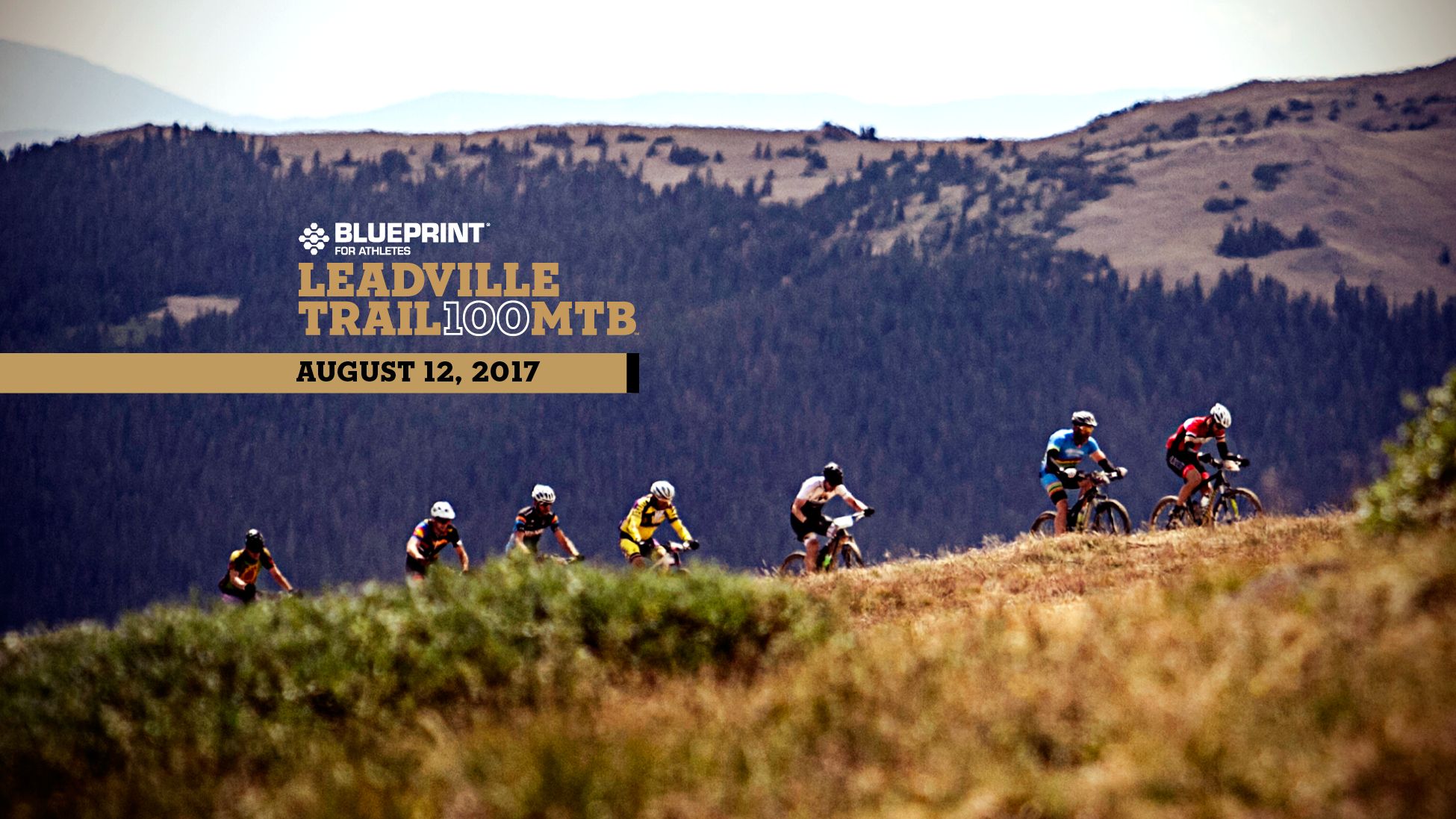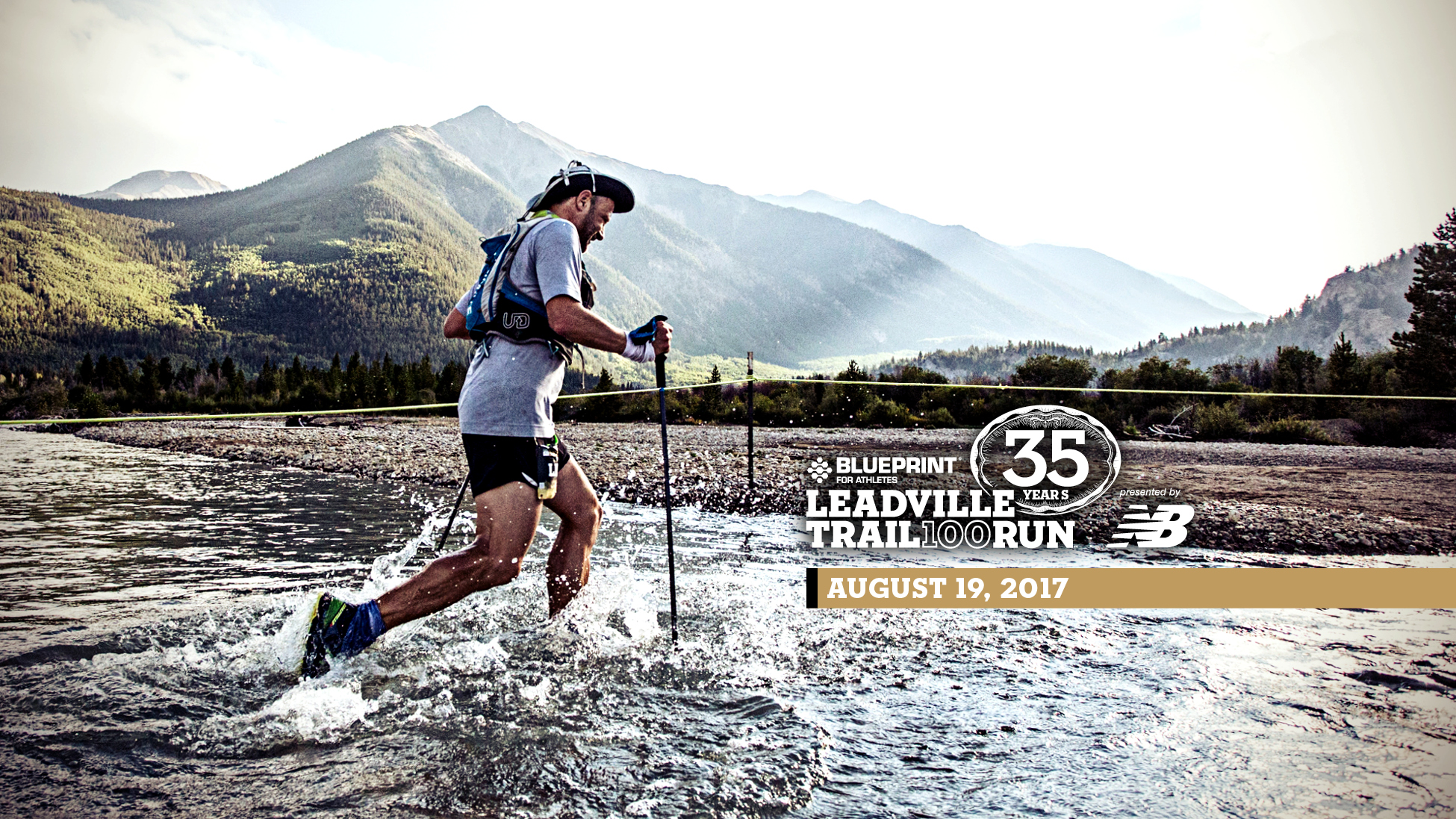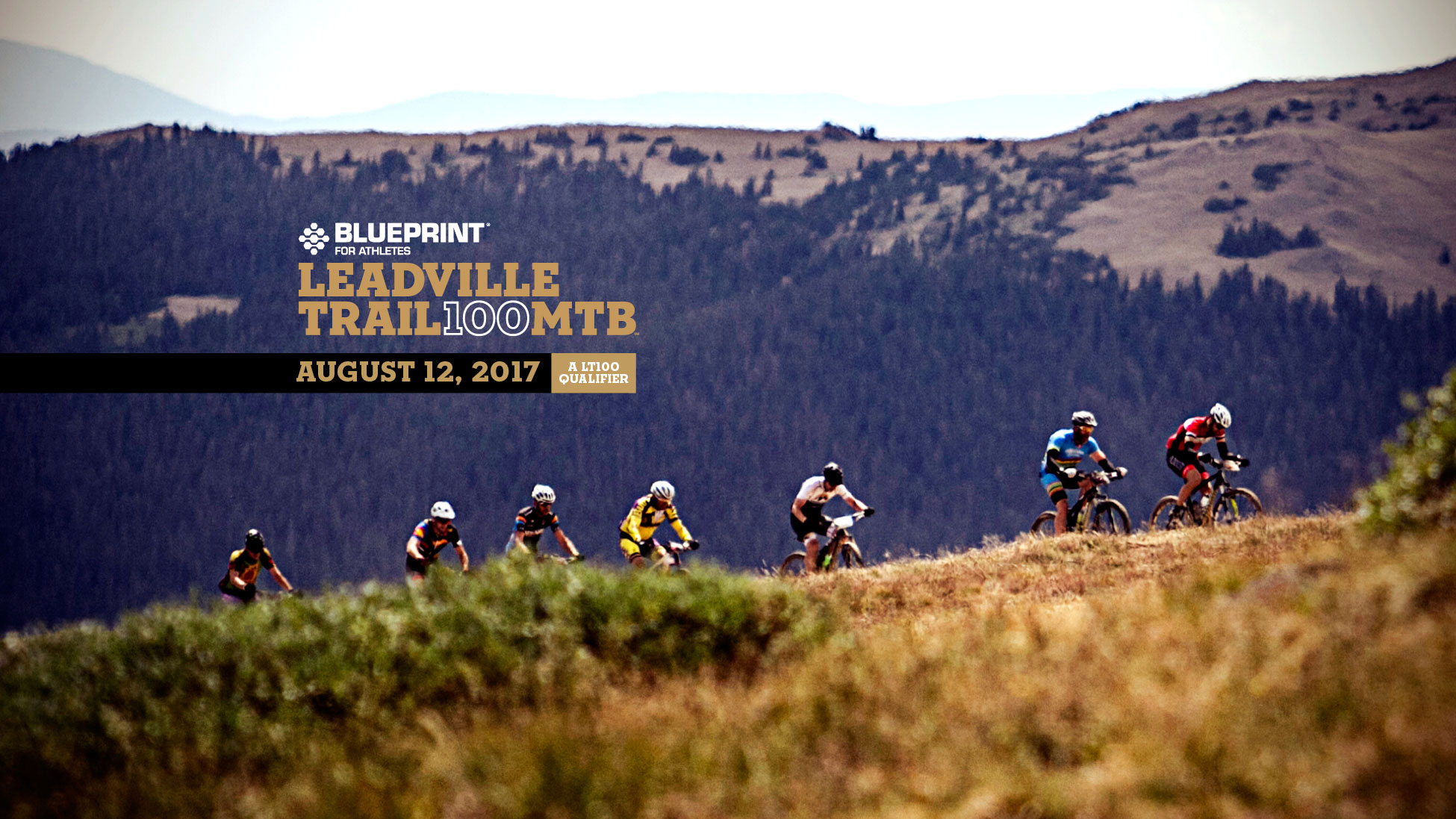An Interview with Wilmington Whiteface 100 Male Champion Cameron Cogburn
Accomplished climber and road racer Cameron Cogburn took on Whiteface and came out on top.
You’re mainly a road racer. Tell us a little about your mountain biking background and why you decided to do this race.
I had been exposed to mountain biking for fun as a teenager, and indeed, in college my first race ever was a local endurance mountain bike race, the Off-Road Assault on Mt. Mitchell in Old Fort, N.C. So from the get-go I’ve really enjoyed these types of events, but they seemed to be too few and too far between (and apart) when I first started, so I concentrated more on the road.
How did the race play out? At what point did you go off the front? Were you working with anyone?
I came up with a group of guys but none of us had support. Since we drove up on Saturday, we all missed placing a drop-bag at the halfway point, so I was literally carrying food, water and supplies for the entire race. The race started off fast but manageable and a group of nine of us quickly formed. My strategy since I first signed up for this race was to wait until the big return climb and hit it hard because I would lose time on the singletrack near the end. At the halfway point most of the lead group stopped to pick up their bags, but since I was carrying everything, I just rolled through and was immediately on the bottom of the long climb back up. I just set a steady tempo from there and that was it.
You were quoted as saying this race played to your strengths — how so? Are there skills you learned in the road-racing world that you’re able to put to work in an event like this?
What I meant is that this race is primarily decided on climbing ability and endurance. Most of my big training rides on the road are five to six hours long, during which I literally try to pedal continuously the entire time, if possible, and finish off strong on a big climb.
Many cross-country races nowadays are 90 minutes or less and involve very stochastic pedaling and power output compared to the more steady effort on the road or in a race such as this. It’s all about looking at the demands of the race and replicating them in training. It just so happens that the demands of many endurance mountain bike races probably closer match road training and racing than cross-country mountain biking.
Looking at your racing history, including your Whiteface Mountain Uphill Bike Race win, it seems that you enjoy climbing. True? What are your secrets for not just climbing well, but racing a climb to win?
It is true that I have always enjoyed the pure and individual effort of climbing and it has always been a relative strength of mine. More than anything I think you need to have an aggressive-but-positive mindset and just embrace the suffering, especially in training. Racing a climb to win is a lot scarier – but also more thrilling – than just trying to hold it together with a group going up the climb. You have to know your limits and really push yourself to the edge and hold yourself there and give it absolutely everything. Anything less usually means getting caught.
Will we see you at the LT100 in August? If so, what will you focus on in your training between now and August?
Yes, hopefully you will see me at the LT100 in August! For Leadville I will do some more specific training to match the demands of the race. For example, Leadville is both longer and at a higher altitude than any MTB race I have done in the past. This means the endurance component will be even more paramount to success. I will need to train longer than before and really try to push myself to where I am fully depleted and about to bonk – and then push myself some more! Trying to get out there early to acclimate some would also help. If you train hard the racing is easy.



